How to grow thyme to enjoy this delicious herb in time for al fresco dining this summer
It's a skill set every gardener should have
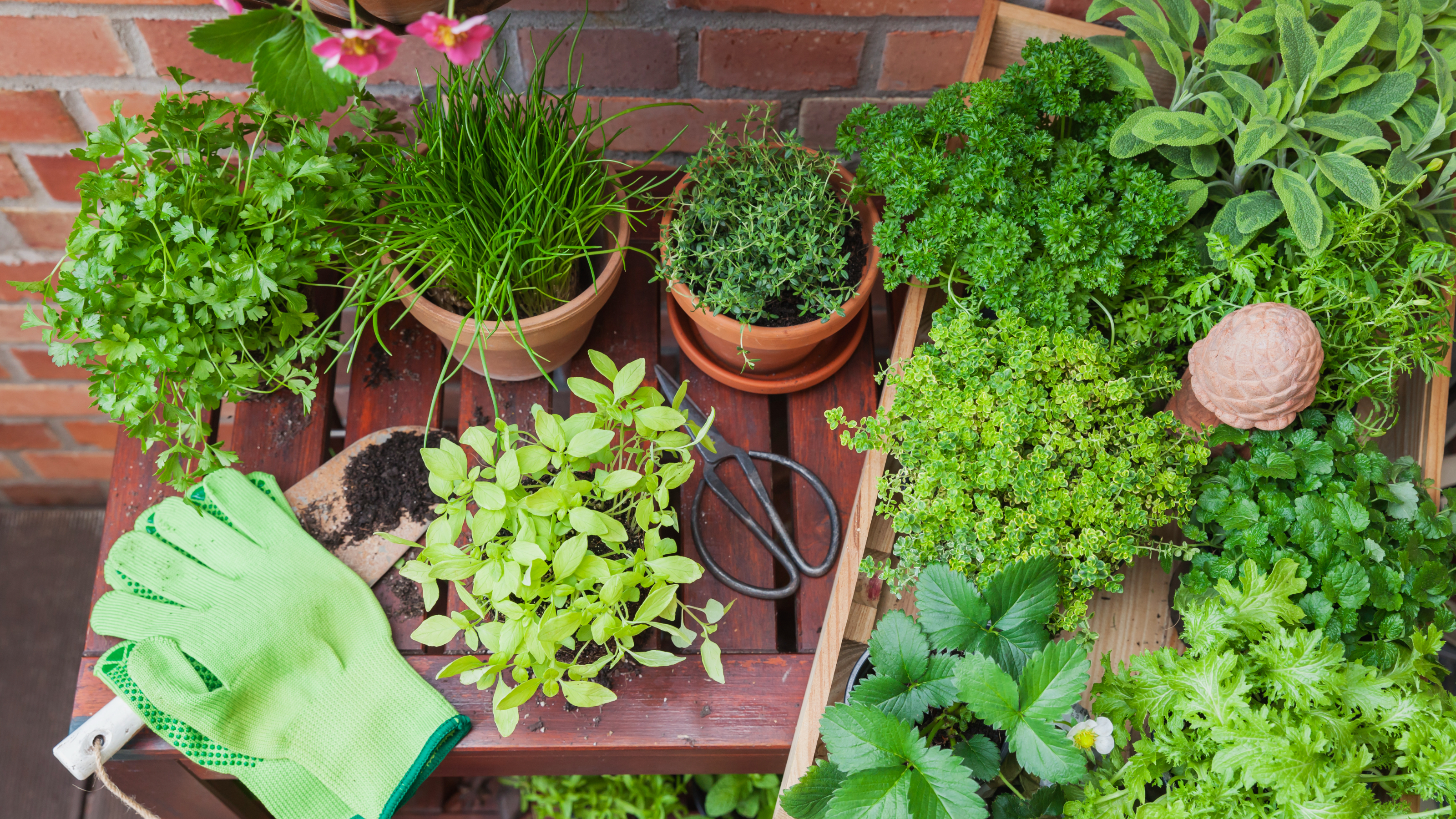

Knowing how to grow thyme is a skill set that any green thumb definitely won't regret having, becoming especially useful if you're looking to elevate your meals for al fresco outdoor dining in the upcoming summer months.
Although knowing how to propagate thyme already guarantees you a hearty supply of this delicious herb, learning how to grow thyme from seed is still cheaper and might we add, a lot more satisfying if you've got the time to flesh out your herb garden ideas from scratch.
'With its low-maintenance nature and attractive foliage, thyme is an excellent choice for both novice and experienced gardeners alike,' assures Kate Cotterill, co-founder of She Grows Veg. 'The bonus of this gorgeous herb is that it is a true 'edimental' and can be grown amongst your ornamental plants and cut as and when you want to cook with it.'
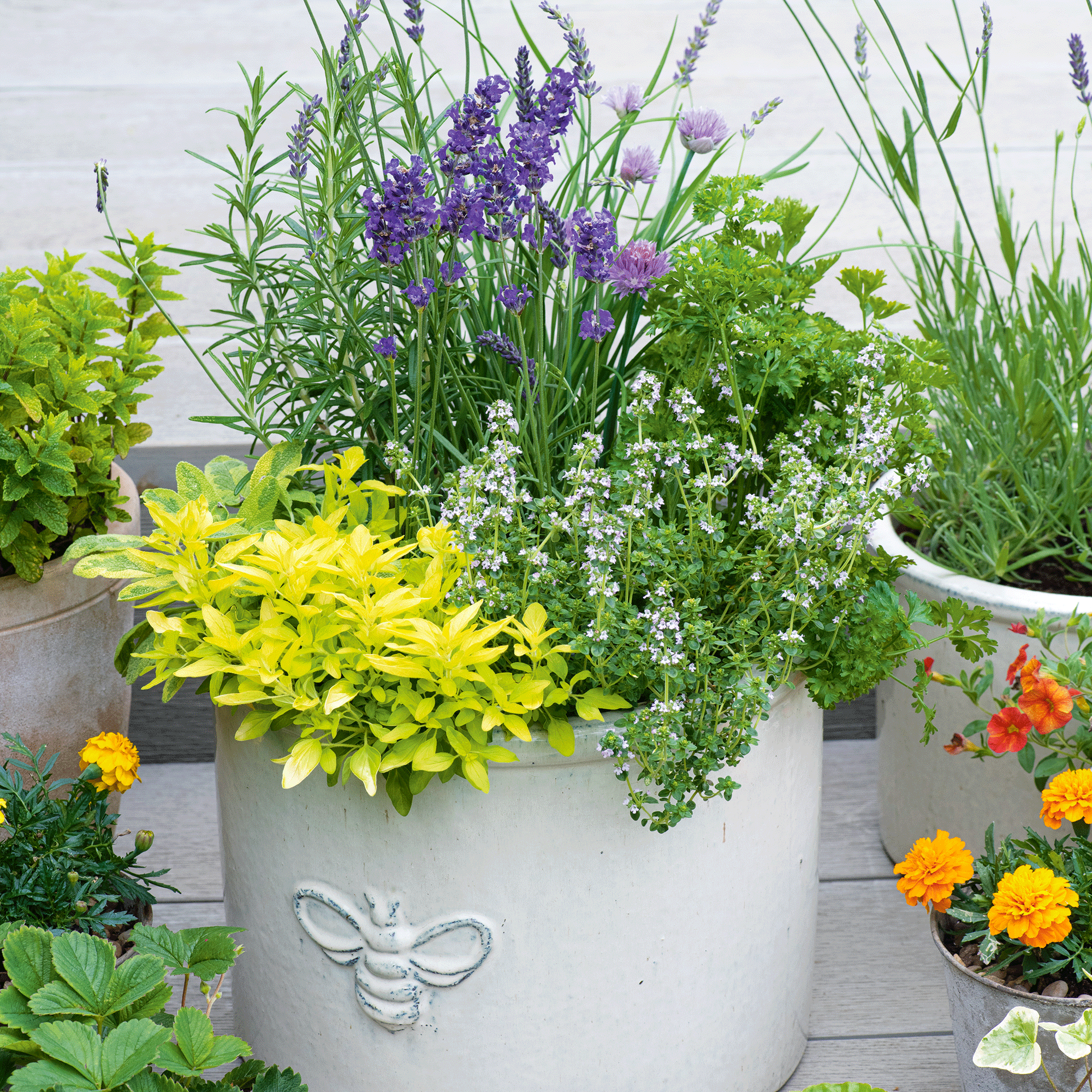
How to grow thyme
'Growing thyme is relatively easy as long as you have a warm, sunny spot, in free-draining soil or a container,' says Julian McAlpine, owner of Hydro Herb.
'Certain varieties can work well if planted in gravel gardens or in between paving stones, whereas some varieties grow best in pots,' adds Craig Morley, gardening expert at Budget Seeds.
That said, here's exactly what you need to successfully grow thyme, irrespective of whether you opt to take on this job indoors as a windowsill gardening venture or even as an addition to your container garden where you might already be growing rosemary in pots.
What you'll need
- High-quality thyme seeds, like these common thyme seeds at Marshalls Garden
- Seed trays or small pots like these windowsill herb pots at B&Q, if you're growing thyme indoors
- Peat-free compost, like this one from Miracle-Gro at Amazon
- Sharp scissors or pruning shears, like these at Amazon
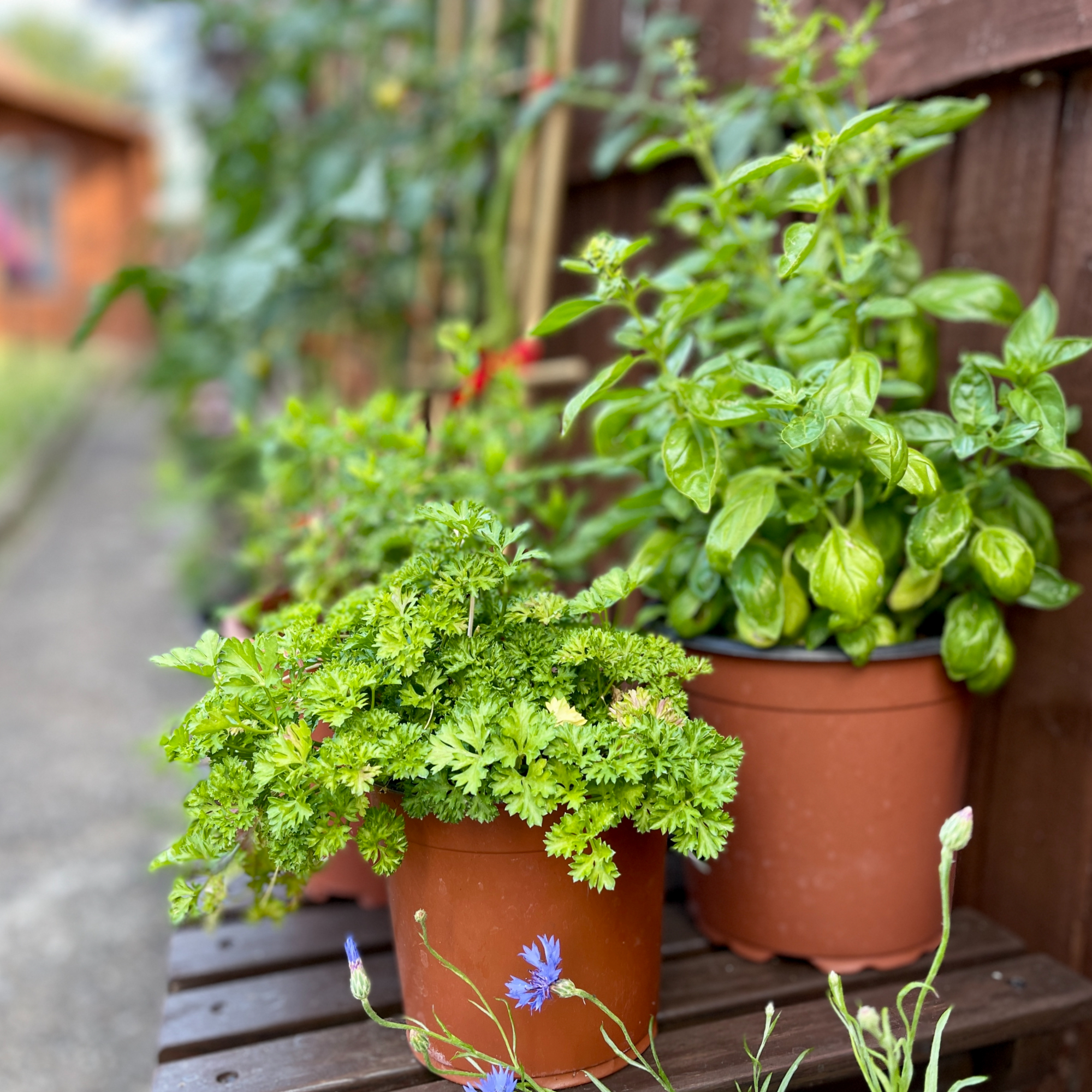
Step-by-step guide
1. Choose the right seeds
Of course, choosing the right seeds is the most important step to ensure your thyme seeds flourish.
'Look for varieties suited to your climate and growing conditions, such as common thyme or lemon thyme,' suggests Kate.
2. Sow the seeds
'Thyme seeds are best sown in spring when the temperature is around thirteen degrees, and they can be expected to germinate within a few weeks,' says Craig. This makes it one of the best things to plant in April to enjoy in the summer months.
'Fill seed trays or small pots with peat-free compost, then sprinkle the thyme seeds evenly on the surface and cover lightly with a thin layer of soil,' advises Kate.
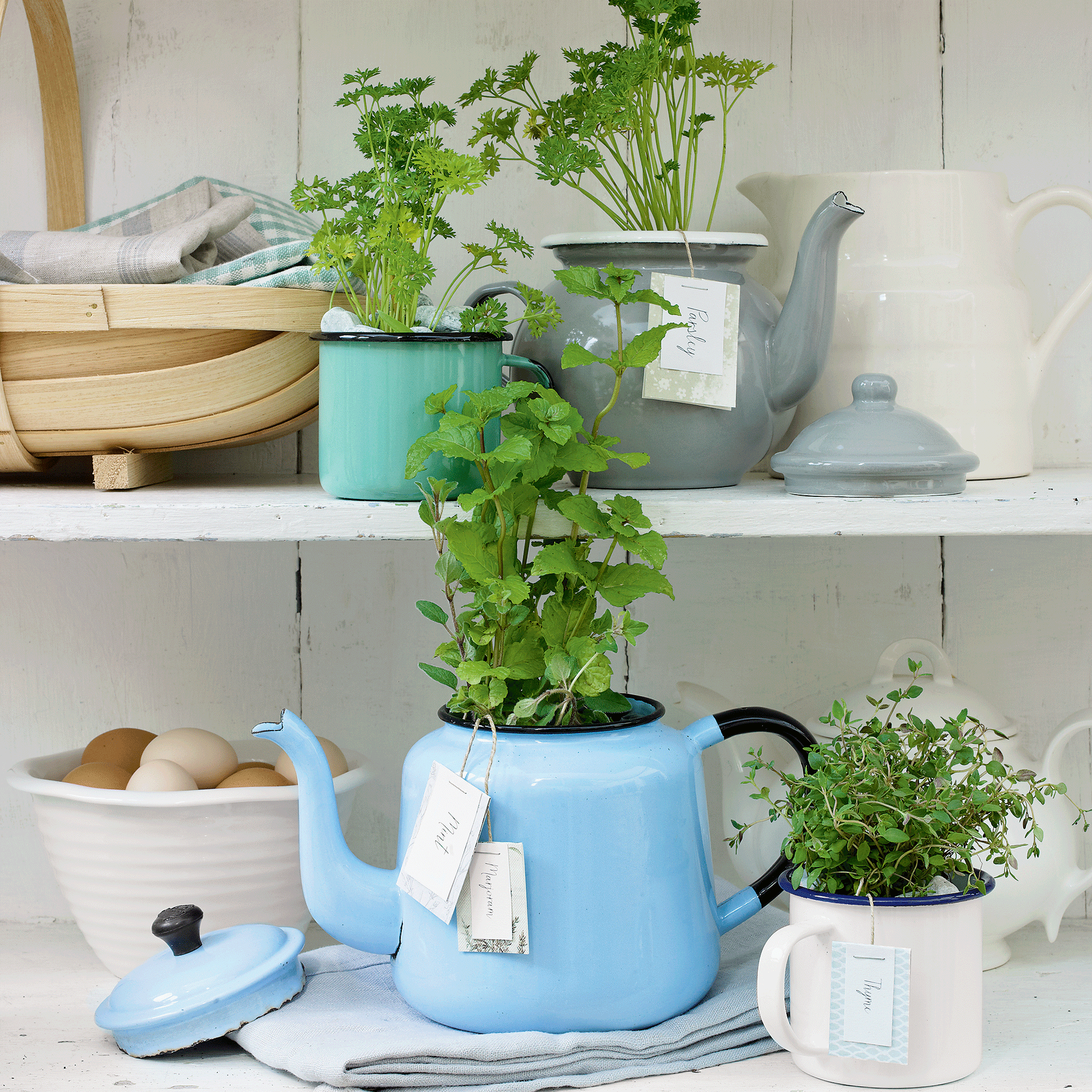
3. Provide adequate light and moisture
As we mentioned above, it's important to keep thyme in a warm, sunny spot. So, place your seed trays or pots in an ideal location or under grow lights to encourage your seeds to germinate.
Kate advises you to keep the soil consistently moist but not waterlogged, as thyme seeds require good drainage to successfully sprout. Therefore, take care to steer clear of the mistake of overwatering during this process.
4. Transplant seedlings
Once the roots of the thyme seedlings are established and are large enough to handle, you can now transplant them into individual pots (if you used a seed tray) or outdoor containers. There is one word of warning to keep in mind though to avoid a crucial herb garden mistake.
If you plan to transplant the seedlings directly into your garden at some point, Craig cautions on the importance of gradually acclimatising them to the outdoor conditions by the process of 'hardening off' before fully moving them outside.
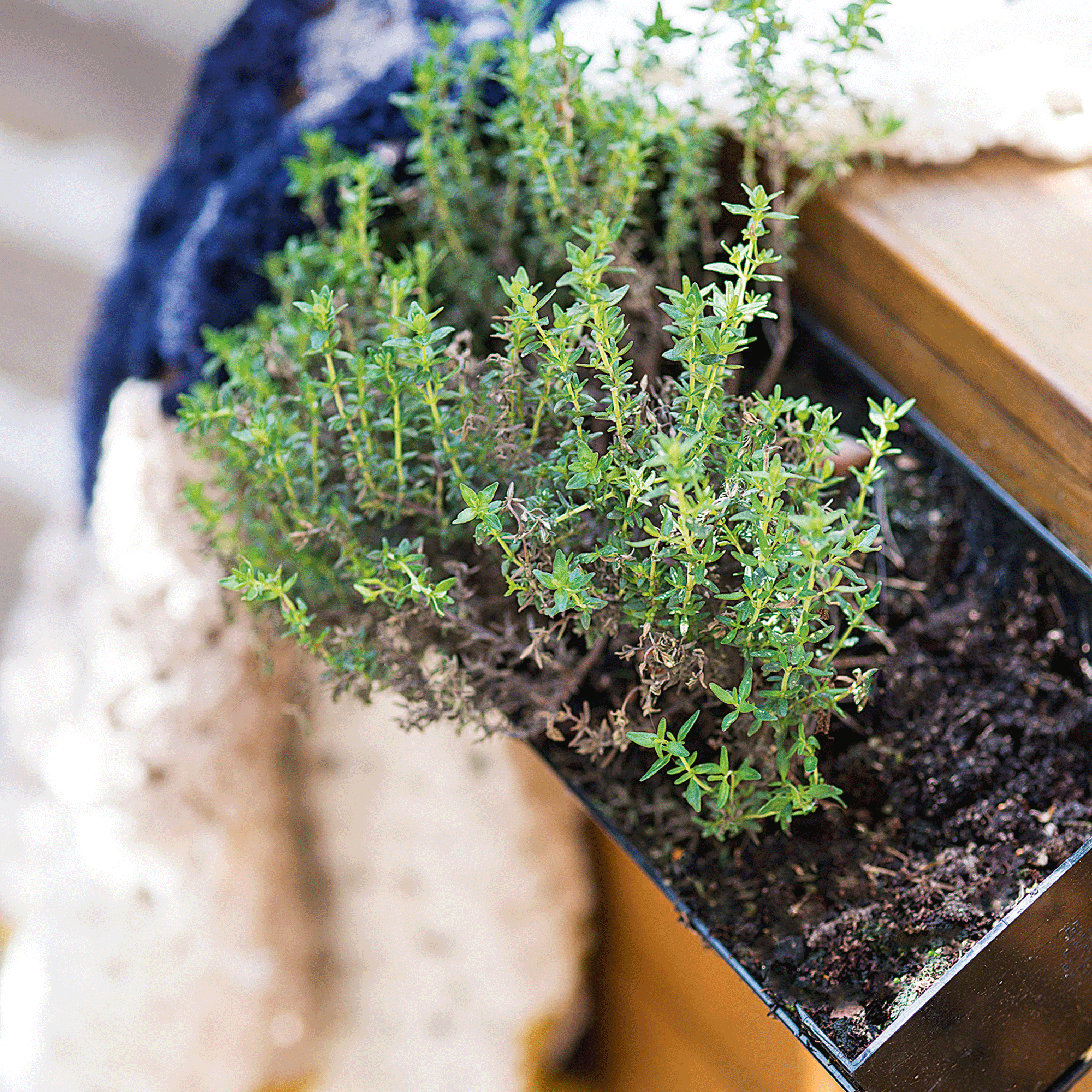
When you're transplanting thyme seedlings outdoors, Kate reminds you to ensure you space them approximately 20-30cm apart to allow for proper air circulation and to prevent overcrowding.
Alternatively, you can follow steps 1 to 3 directly outdoors already in well-draining soil in a sunny location so long as the danger of frost has passed to skip the transplanting step completely.
5. Stick to regular watering and maintenance
'Newly planted thyme will require regular watering for the first few months until it settles in,' adds Craig. 'Once the thyme has settled in, it will need little maintenance and will be fairly tolerant of drought.'
Lastly, you should trim your thyme plant once a year after it's flowered to keep it thriving. On the off chance your thyme plant has seen better days, it may be advisable to replace it. However, rest assured that you won't have to plant it from seed all over again but can instead take cuttings or root low-growing stems from your current plant.
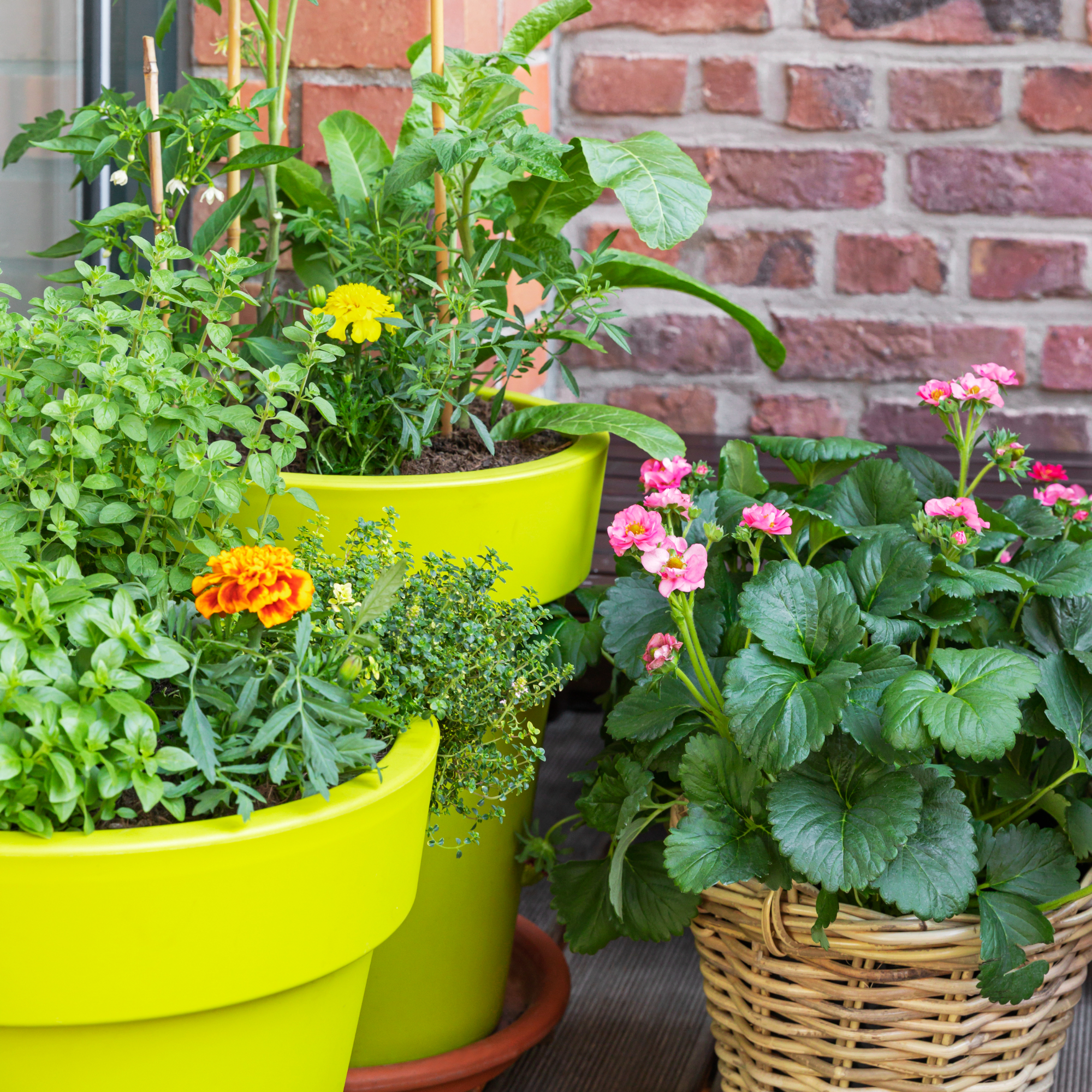
FAQs
Can you grow thyme in a pot?
Yes, you can grow thyme in a pot. Simply fill your pots with peat-free compost and sow the seeds, covering them lightly with a thin layer of soil.
Can you grow thyme from seed?
Yes, you absolutely can grow thyme from seed. Although some experts say it's easiest to grow thyme from a young plant or by taking cuttings, growing thyme from seed is still very easy and even cheaper to do than alternative methods.
Does thyme grow all year round?
Yes, thyme does grow all year round. However, with many plants, they have their best seasons.
'Thyme is evergreen so you can pick sprigs all year round, although the best flavour is in the spring and summer new growth,' explains Julian at Hydro Herb.
Now you know how to grow thyme from seed, you can get stuck in whether it'll be from the comfort of an empty window box or a little dedicated area on your balcony. If you get started now, you'll thank yourself come summertime.
Get the Ideal Home Newsletter
Sign up to our newsletter for style and decor inspiration, house makeovers, project advice and more.

Jullia was Ideal Home’s Junior Writer from 2022-2024 and the Ideal Home Certified Expert in Training on Vacuums having spent over 60 hours testing different models. She’s always loved all things homes and interiors, graduating with a bachelor’s degree in Architectural Studies from the University of Nottingham where her love for writing blossomed following her internship at ArchDaily. Now focused on home tech and cleaning, Jullia works on writing features and explainers to help people make the most of their home appliance investments, putting the newest launches through their paces. When she isn’t writing, she loves exploring the city, coffee shop hopping, and losing hours to a cosy game or book.
-
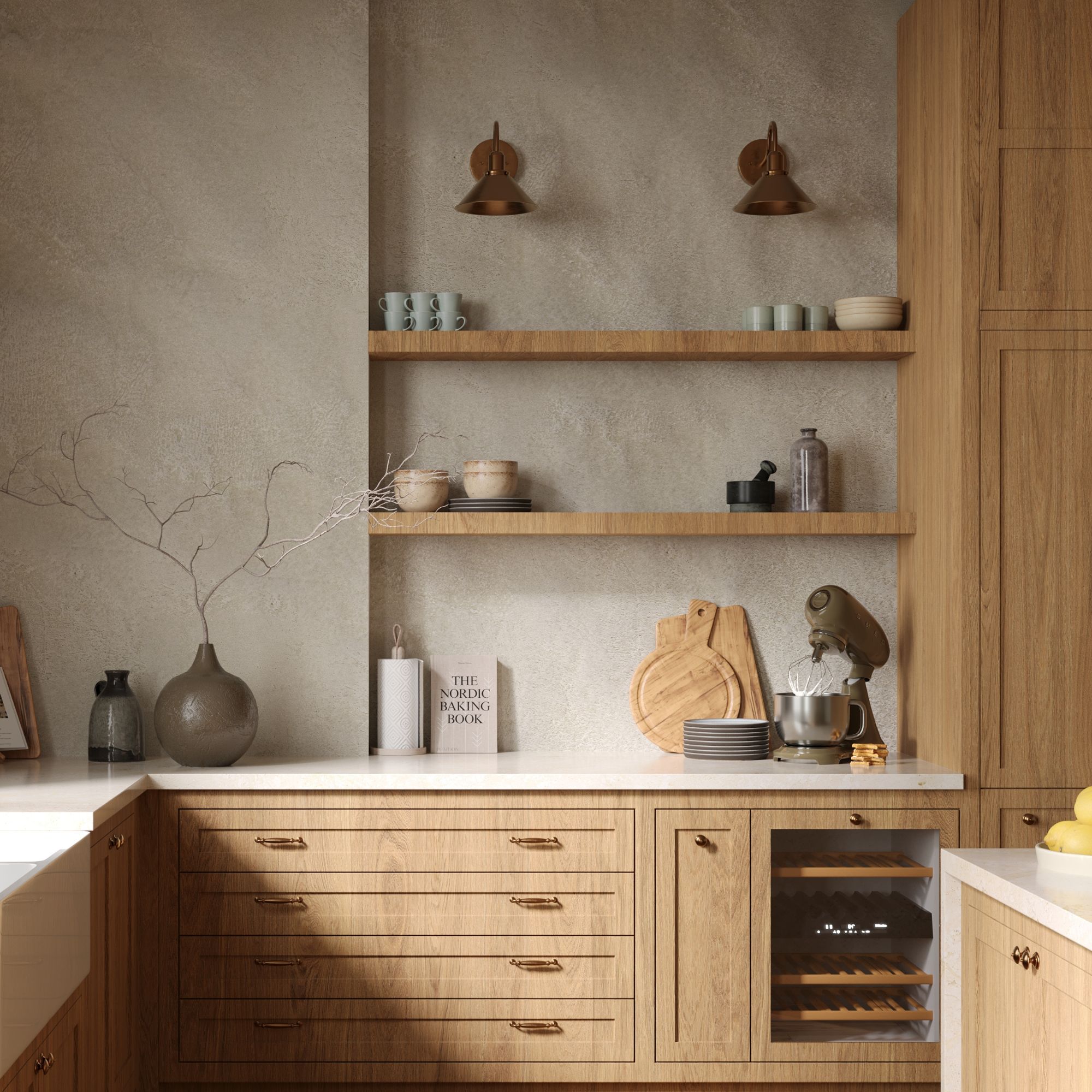 Wood drenching is the calming new twist on the colour drenching trend – here’s how to make the look work in your home
Wood drenching is the calming new twist on the colour drenching trend – here’s how to make the look work in your homeIt’s easier than ever to embrace natural materials
By Maddie Balcombe
-
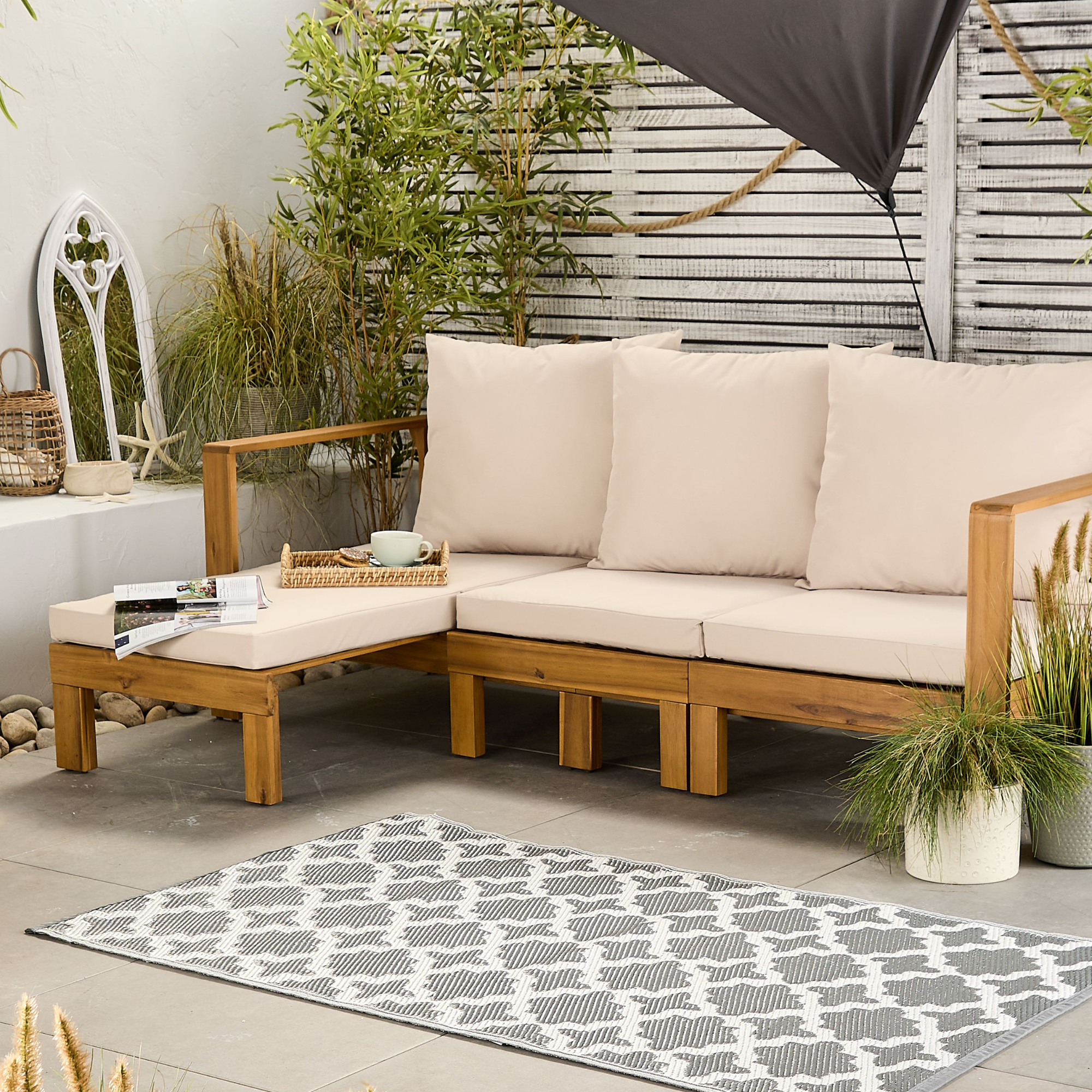 Aldi is launching a £200 day bed with four different features - its sleek design is suited to the whole family
Aldi is launching a £200 day bed with four different features - its sleek design is suited to the whole familyYou don't want to miss out on this Specialbuy
By Kezia Reynolds
-
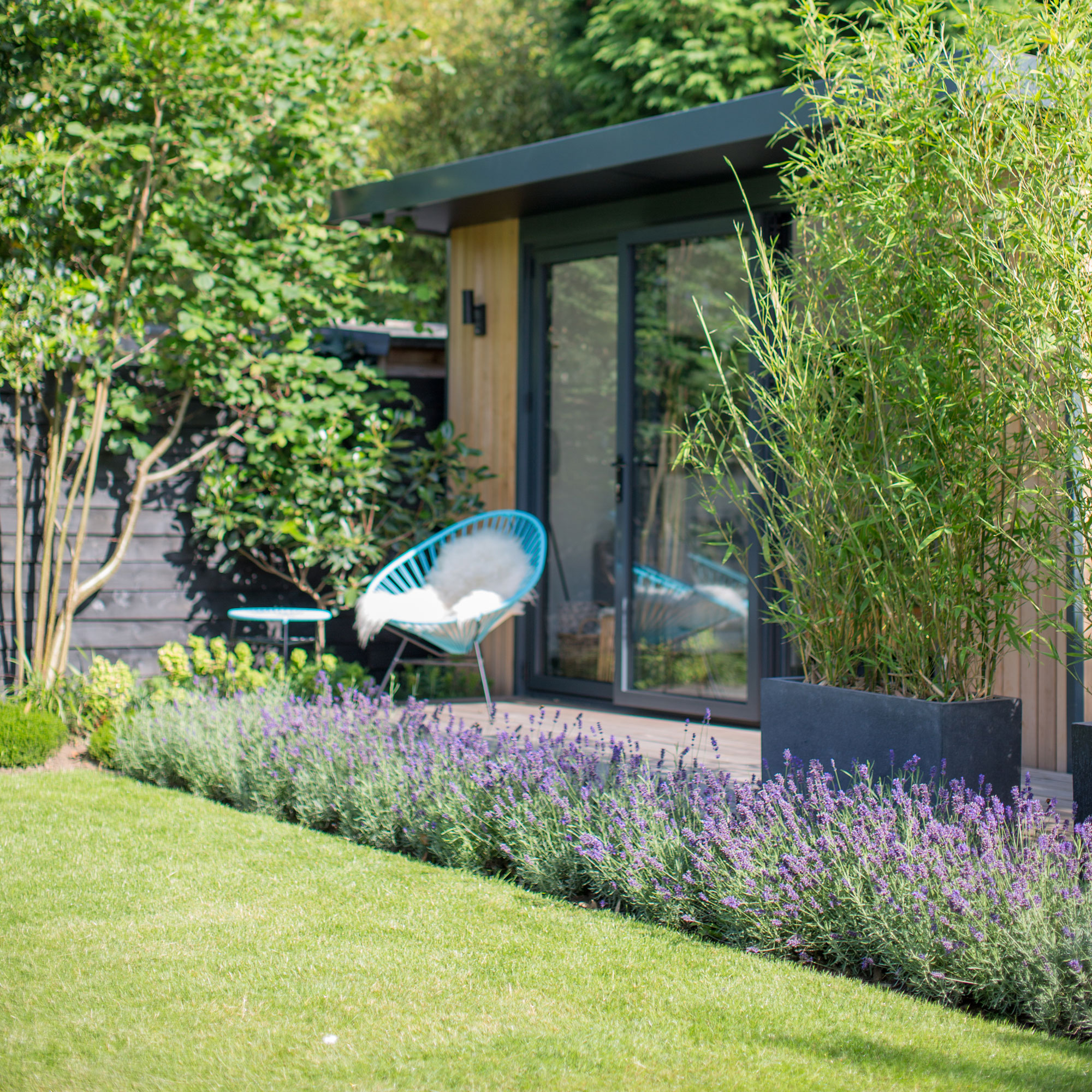 How to set up a drip watering system that saves water and a lot of effort
How to set up a drip watering system that saves water and a lot of effortKeep your plants hydrated (and your water bill down) with this clever garden watering solution
By Natalie Osborn